When it comes to musicians who create music that is primarily influenced by our culture and traditions, Nigerians exhibit what appears to be an embracing pattern. Artists like Ayinde Barrister and the late Osita Osadebe were a part of the movement in the Fuji music genre, which represented the Yoruba culture and highlife, which was typically associated with the Eastern part of Nigeria. These new generations artists are the revitalizing generations of old musical talents who made soothing music that not only rested on the terms of indigenous culture but also music that caressed the smooth tone of the many tapestries of the Nigerian culture.
Some of these 21st century artists are now embracing this once-reclusive choral tradition, and it is more than remarkable to observe the flock of young people who have grown to appreciate this musical genre (s). They have crafted their music to adhere to what best represents their culture, experimented with sounds, and produced a type of enchantment that is everything but unpleasant.
The Cavemen deserve their due rose petals when it comes to giving flowers to whom it is due to—these musicians first gained attention for their music in the year 2020, and their sound quickly traveled throughout the nation, stinging to the human flesh like a bee’s sting. With two iconic highlife albums and innumerable features from musicians whose sounds have little in common with their musical style, they have ebbed and flowed throughout the years. Their distinct approach and the distinctive impact their vocals have on every song they touch are what make it so beautiful. Even though their vocals did not reflect in their featured song, Oshe with Kizz Daniel, their distinctive mark at the song’s beginning was more than enough proof. Their combined vocals were a masterfully crafted multicolored bomb poised to spark in our ears on Stay Easy, another song on which Moelogo featured them.
Barry Jhay and Terry Apala, among others, have given the Yoruba culture a distinctive sound that, despite being extremely different from the kings of Fuji from the old song, yet captures the richness of their culture. A top-notch demonstration of intentionality and competence can be seen in Barry Jhay’s exquisite blending of the Yoruba language, English and pidgin in his song, which has a strong message on each track. When the singer is not performing impassioned renditions of love-themed songs, he may be delivering a speech about motivation or even praising the supremacy of God. Barry’s songs contain a message that may be unraveled.
The musician Terry Apala gives his vocals a strain when he sings, emulating the Apala singing technique, which is what makes his voice so beautiful. Apala is a specific form of Yoruba musical, but the musician used it as the basis for his moniker.
There is a continuum in the amount of songs that Terry Apala and Barry Jhay contribute to the music community and in how neglected they are. Aside from them, there are a few musicians who sing similarly to them yet go largely unnoticed. In the same way that musicians like The Cavemen and Flavour receive their due respect, this writer thinks that these Yoruba/Apala artists also deserve a lot of gratitude. They maintain the traditional singing style in their music while highlighting the richness of the Yoruba language. Although many Afropop musicians use Yoruba as a language in their songs and experiment with Yoruba musicals like Fuji and Asake did, they aren’t as committed to the cause as they may be.
It is only expected that these musicians will ascend even farther and embrace their sound given the increasing popularity of these genres and their corresponding admiration. We need more songs that draw on the Yoruba culture in the same way that artists likeThe Cavemen, Phyno, and Flavour do with highlife, regardless of whether Terry Apala’s vocal is tremulous yet lovely or whether Barry Jhay’s sound is simply too much Yoruba. We want a surge of Apala music and a rising gen-z version of Fuji, both of which we are certain would be huge hits. It is not enough that there are songs with one or two Yoruba lyrics or that there are too many Yoruba slangs coming from the Nigerian music scene.



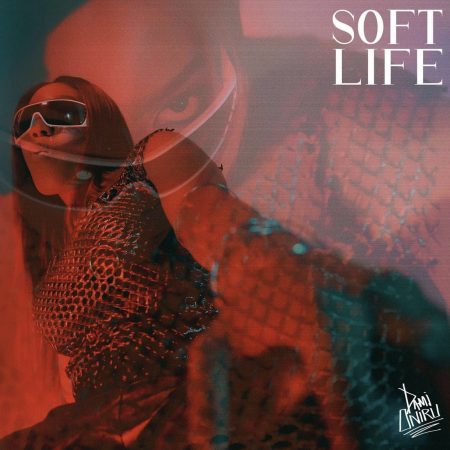
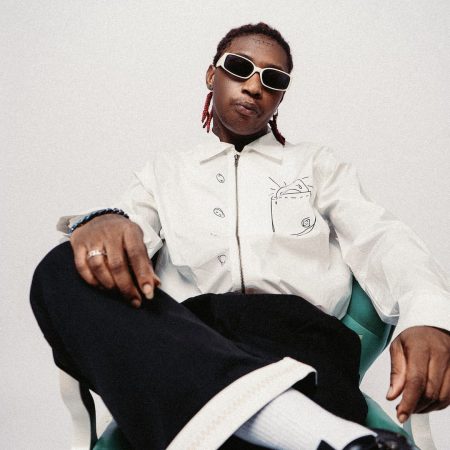



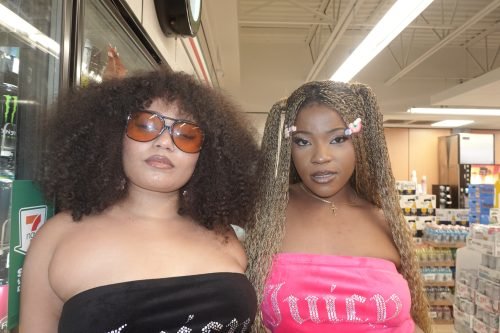
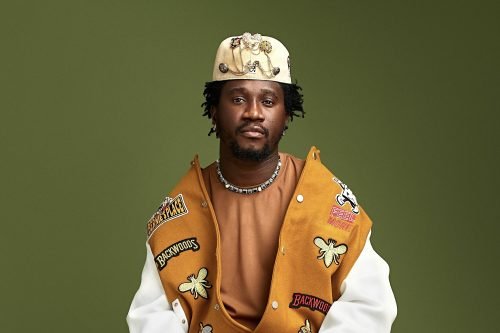
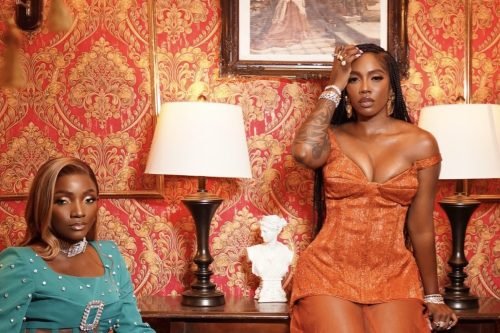
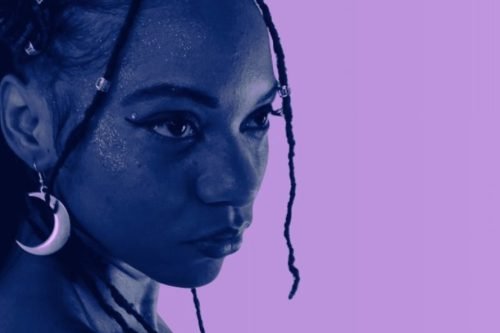
Leave a Reply